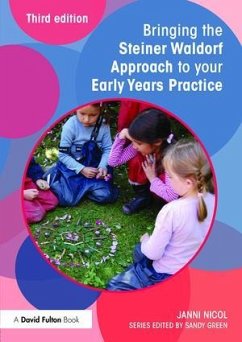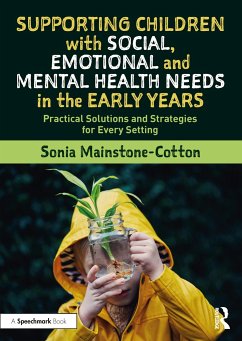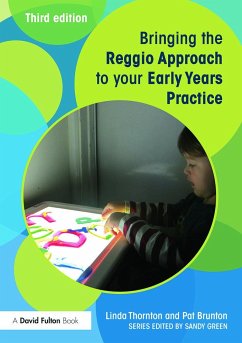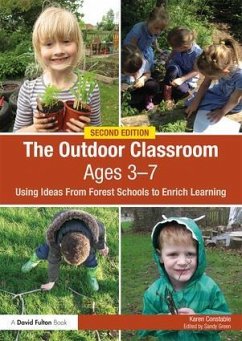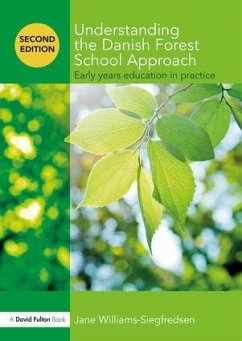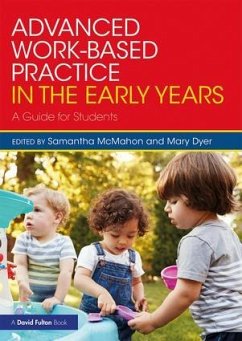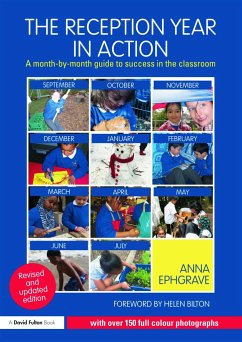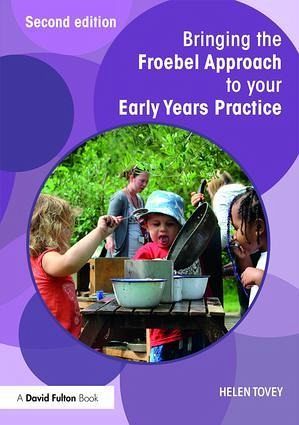
Bringing the Froebel Approach to your Early Years Practice

PAYBACK Punkte
11 °P sammeln!
Have you ever wondered about the origins of the kindergarten and the influence of Froebel on early years practice? What did Froebel mean by a garden for children? Why did he believe that play is central in young children's learning?Bringing the Froebel Approach to your Early Years Practice looks at the founder of the kindergarten and his profound influence on provision and practice for young children today. The Froebelian approach is not a method but includes distinctive principles which shape and guide practice.This new edition has been fully updated in line with the revised EYFS and includes...
Have you ever wondered about the origins of the kindergarten and the influence of Froebel on early years practice? What did Froebel mean by a garden for children? Why did he believe that play is central in young children's learning?
Bringing the Froebel Approach to your Early Years Practice looks at the founder of the kindergarten and his profound influence on provision and practice for young children today. The Froebelian approach is not a method but includes distinctive principles which shape and guide practice.
This new edition has been fully updated in line with the revised EYFS and includes:
extra material on using the approach with children of different ages and the role of the adult
a discussion of key Froebelian principles such as play, imagination, creativity, learning through self-activity and making connections
an examination of block play and how this can be developed in contemporary settings
Froebel's ideas on nature and outdoor play and why these are fundamental to young children's learning
how Froebel used movement, song, rhythm and rhyme to provide key learning experiences
With examples of innovative practice and ideas for reflection, this convenient guide will help practitioners and students fully understand what the Froebel approach can offer their setting and children.
Bringing the Froebel Approach to your Early Years Practice looks at the founder of the kindergarten and his profound influence on provision and practice for young children today. The Froebelian approach is not a method but includes distinctive principles which shape and guide practice.
This new edition has been fully updated in line with the revised EYFS and includes:
extra material on using the approach with children of different ages and the role of the adult
a discussion of key Froebelian principles such as play, imagination, creativity, learning through self-activity and making connections
an examination of block play and how this can be developed in contemporary settings
Froebel's ideas on nature and outdoor play and why these are fundamental to young children's learning
how Froebel used movement, song, rhythm and rhyme to provide key learning experiences
With examples of innovative practice and ideas for reflection, this convenient guide will help practitioners and students fully understand what the Froebel approach can offer their setting and children.




